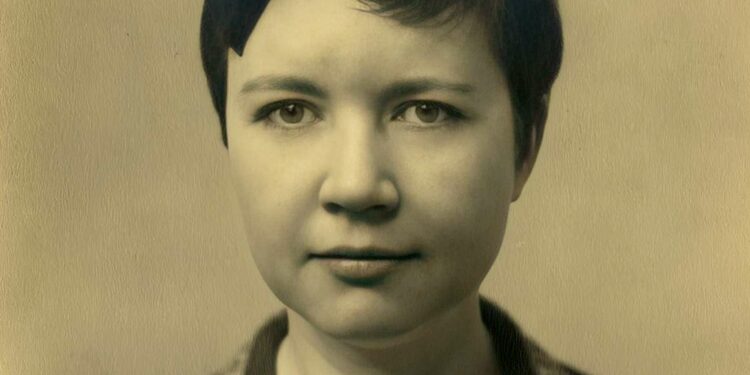(Photo: Lane in Yosemite National Park, c. 1916–1918; Herbert Hoover Presidential Library)
Lane certainly gave no hint of trimming her sails. Her final column (which ended with the unfulfilled promise “Continued Next Week”) used events in Danbury, Connecticut, as an illustration to attack zoning. Under zoning, “nobody in the town of Danbury could build or alter his house without permission.” The town imposed regulations to lower density, such as minimum lot size requirements, and other rules that would raise building costs. To put a human face on the regulations’ impact, she quoted a local Italian immigrant: “Do I come to America to be a free man, that now in America I must ask permission to live? I must ask and pay, or I cannot improve my own house with my own money and my own hands? And officials come into my house to see that I obey? How can this be, in the United States of America?…This like Italy. Those born at the top can stay at the top. Born at the bottom, the poor must stay at the bottom.”
The loss of her Courier column was personally upsetting but was no great financial blow. For the first time, the sales of the Little House on the Prairie books were beginning to provide her a comfortable steady income. But Lane was not completely through with the Courier.
In 1948, she wrote a letter to the editor that praised some previous letters which called for no longer using the word Negro and other racial references. For Lane, such a campaign was necessary because judging people “by their ‘races’ which do not exist” conflicted with the “revolutionary American principle of individualism” as embodied in the Declaration of Independence. The United States had no hope of achieving its stated ideals, she stressed, unless “each of us destroys segregation in his own mind.”
Lane devoted most of the last two decades of her life—she died in 1968—to hands-on mentoring roles in launching the “libertarian movement,” a term she may have coined. She wrote book reviews for the National Economic Council and then for the Volker Fund, an organization from which the Institute for Humane Studies later emerged. She kept her distance from William F. Buckley and his new magazine, National Review: His version of conservatism struck her as an aristocratic and “reactionary” holdover of the philosophy “that a commonwealth is a mystic Being, that Governments are ordained by God.”
Much more to her liking was the libertarian Freedom School, launched in 1956 and headed by Robert LeFevre, a charismatic radio commentator and businessman. At one point, Lane almost emptied her modest banking account to keep the struggling Freedom School, later known as Rampart College, afloat. One of her admirers was the economist Hans Sennholz, who was later the president of the Foundation for Economic Education, a libertarian educational organization.
With her combined appeals to markets, individualism, and anti-racism, Lane joined a long line of classical liberals who were critically important to abolitionism and the later civil rights movement. When asked what should be done with emancipated slaves, Frederick Douglass had replied: “Do nothing with them; mind your business and let them mind theirs. Your doing with them is their greatest misfortune.” Later, Booker T. Washington touted thrift, investment, and the work ethic; even Washington’s great rival, the socialist W.E.B. Du Bois, had championed free markets as a “black Mugwump” in the 1890s. Moorfield Storey, the National Association for the Advancement of Colored People’s founding president, was a champion of the gold standard, free trade, and minimal regulation. Oswald Garrison Villard, the organization’s first treasurer, had similar views.
Lane’s columns for the Courier represented the most ambitious effort during this period to promote laissez faire ideas to a black audience. The last two decades have brought a new appreciation of Lane as a political activist and as a collaborator in the Little House books. It is time for her writings on civil rights to receive their due as well.
The post The Libertarian Pioneer Who Wrote for America’s Biggest Black Newspaper appeared first on Reason.com.
Source link : http://www.bing.com/news/apiclick.aspx?ref=FexRss&aid=&tid=66efcbdc95484415b00cff773133ce84&url=https%3A%2F%2Fwww.aol.com%2Fnews%2Flibertarian-pioneer-wrote-americas-biggest-100059105.html&c=1452804622334864368&mkt=en-us
Author :
Publish date : 2024-09-20 23:00:00
Copyright for syndicated content belongs to the linked Source.











